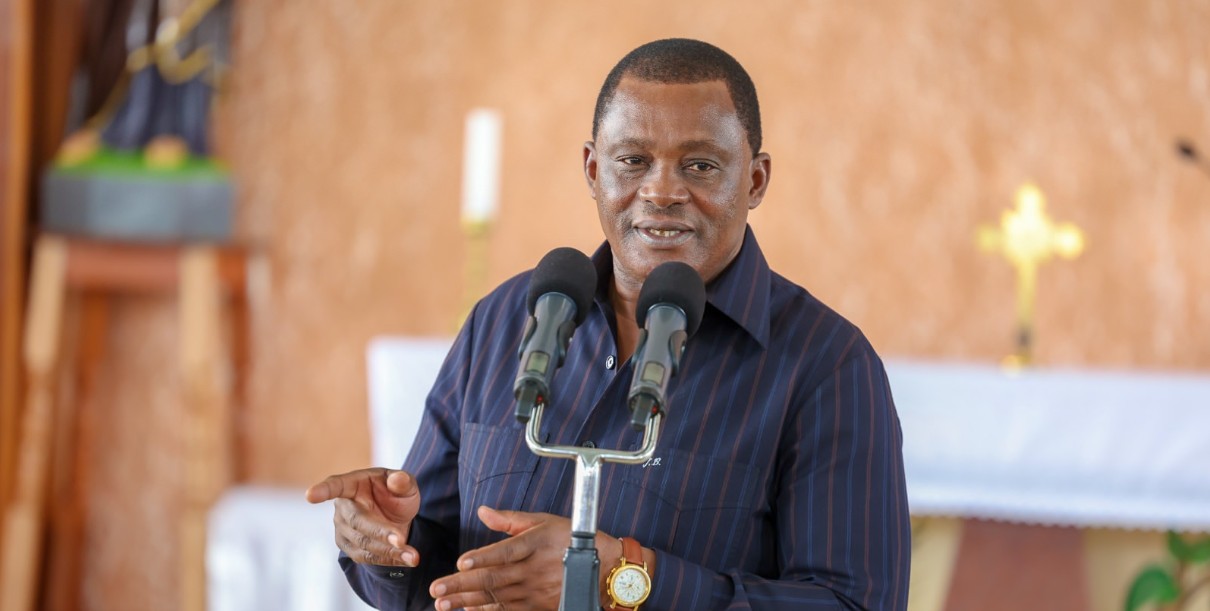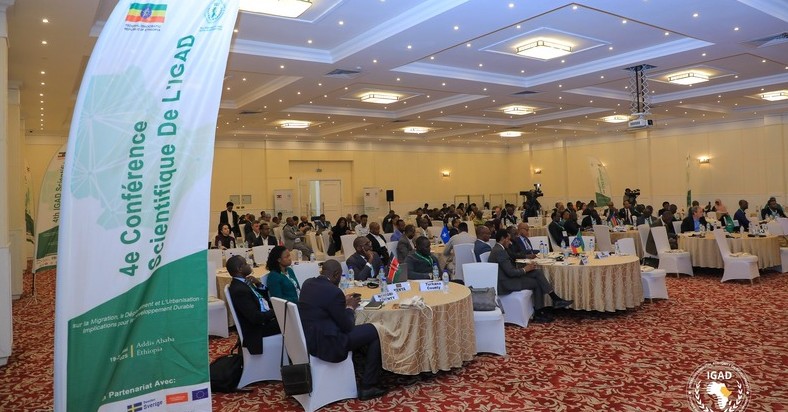Muturi: Anchoring NG-CDF, oversight funds in Constitution undermines separation of powers

According to Muturi, anchoring the NG-CDF, Senate Oversight Fund and NGAAF in the Constitution will compromise the principle of separation of powers and entrench a culture of personal gain among legislators.
Former Attorney General Justin Muturi has accused Parliament of reducing itself to a “House of transaction” in its latest attempt to embed development funds in the Constitution.
According to Muturi, anchoring the NG-CDF, Senate Oversight Fund (SOF) and National Government Affirmative Action Fund (NGAAF) in the Constitution will compromise the principle of separation of powers and entrench a culture of personal gain among legislators.
More To Read
- Treasury disburses Sh68 billion to NG-CDF board, clearing all outstanding arrears
- Bill proposes retirement age of 60 for top police bosses
- National Assembly passes Bill to anchor NG-CDF, NGAAF, SOF in Constitution, paves way for Senate review
- NG-CDF slashed by Sh12 billion in supplementary budget, raising concerns over projects, bursaries
- MPs barred from travel ahead of crucial vote to anchor NG-CDF, Senate fund in Constitution
- National Assembly passes Finance Bill 2025, targets Sh24 billion in new revenue
Muturi criticised the National Assembly’s passage of the Constitution of Kenya (Amendment) Bill, 2025, saying it exposes Parliament’s increasing appetite for financial control under the guise of development.
“It was decided to put a sweetener, anchor CDF as one of the amendments to the Constitution, so that you amend Articles 97 and 98. For it to pass the two-thirds gender rule, you have to put something that is going to attract every member from 290 single-member constituencies. Parliament has been reduced to a house of transaction,” Muturi said during an interview with Spice FM on Wednesday, July 9.
Abdication of oversight mandate
He raised concerns over the Senate’s push for the Senate Oversight Fund, saying it reflects a clear abdication of its core oversight mandate.
“So this thing about creating funds, it’s misuse of taxpayers’ money,” he said.
Muturi warned that the SOF would likely be used for personal enrichment and not subjected to proper accountability mechanisms.
Drawing on his experience as a former Speaker of the National Assembly, Muturi argued that bursaries distributed through various government channels—including MPs, governors, county assemblies, the Ministry of Education, and the Office of the President—have largely failed to make a meaningful impact on education.
“The CDF has no place after the promulgation (of the Constitution) because it has become a third tier of resource allocation. If the national government wants to abdicate its responsibility of building schools, offices for its administrators, let it say so,” he said.
Large donations
He traced the history of self-serving political culture to the 1980s, when individuals closely linked to power would show up at fundraising events with large donations that far exceeded their official salaries, earning them praise as “development conscious leaders” from the presidency.
“They would donate, saying it’s from me and my friends. These friends were close associates who got favours from the constituents, that’s where the rain started beating us,” Muturi explained.
He warned that embedding NG-CDF, SOF and NGAAF into the Constitution risks distorting the roles of elected representatives and undermining governance structures.
“Every devolved unit has to devolve services to the lowest level possible in a county. The principal separation of powers is infringed when a member of the legislature is involved in projects implementation,” Muturi said.
The Senate, which has protested its exclusion from the bill’s drafting process, is expected to debate the proposed constitutional amendments.
To amend the Constitution through a parliamentary initiative, the Bill must secure support from at least two-thirds of all members in both the National Assembly and the Senate before it can be enacted.
Top Stories Today













































